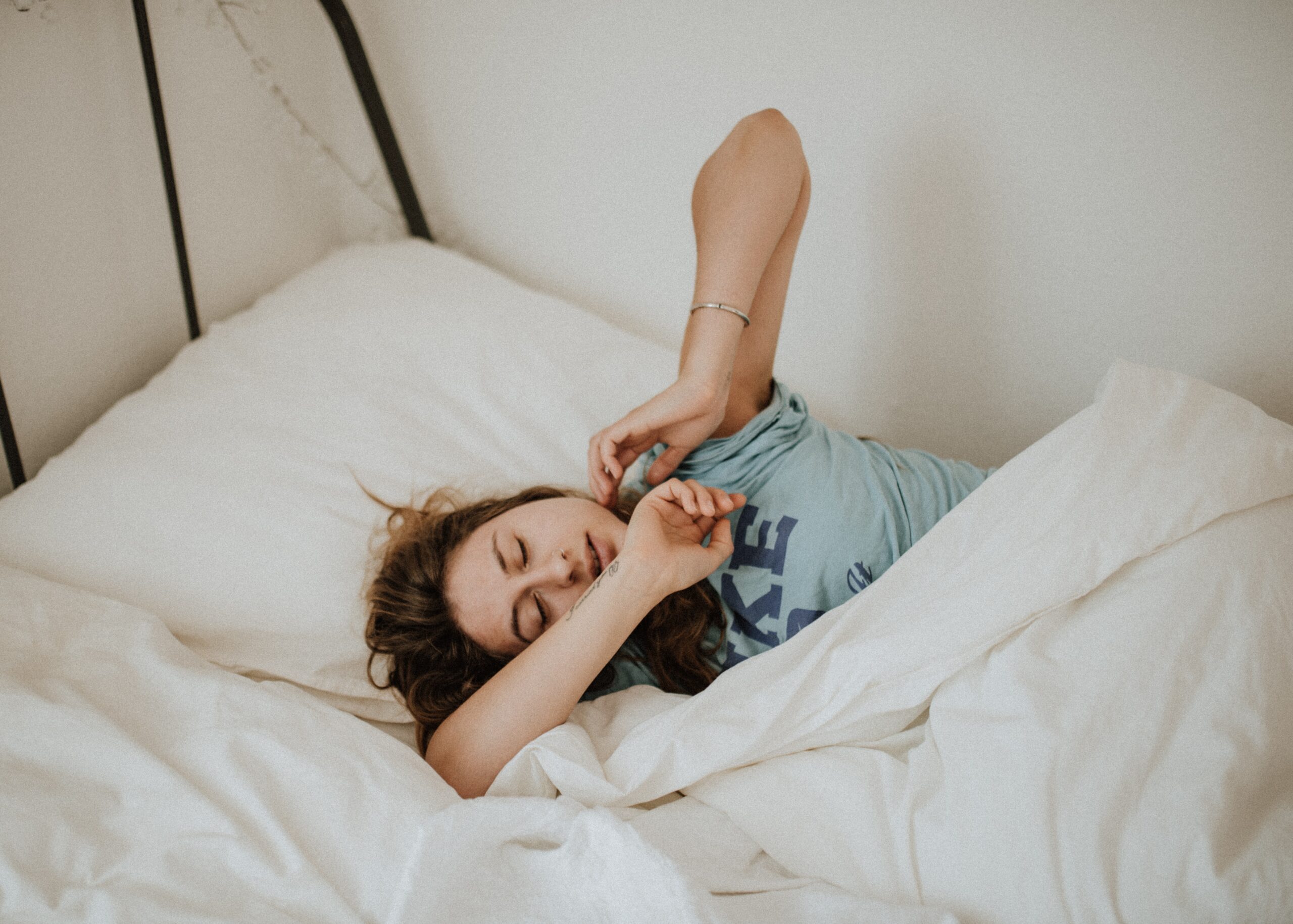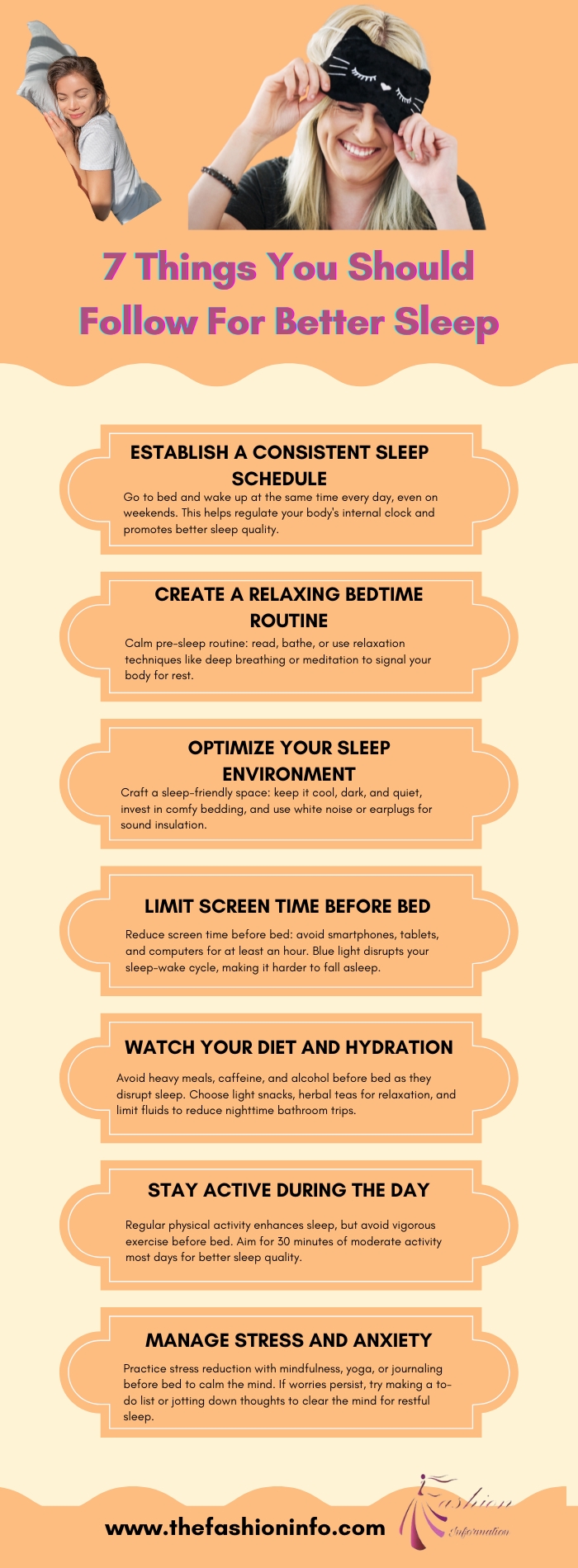Most individuals looking to improve their health focus on their better sleep, diet and exercise. With the fast-paced world and pressing commitments, many people don’t get as much better sleep as they should- you could be one of them. They pay attention to them and follow all the rules to the letter. Surprisingly, they neglect better sleep and go without it sometimes. And it’s not just these people.
Granted, you’re working round the clock to get things done, but your body needs adequate rest at the end of the day.
Perhaps you’ve seen the light, trying to get more sleep, but it feels impossible. Try consuming Delta 8. Delta 8 helps in balancing sleeping patterns. Click here to check full spectrum CBD.

Table of Contents
What Exactly is Sleep?
Sleep is a naturally recurring state of mind and frame, characterized by altered consciousness, relatively inhibited sensory activity, inhibition of voluntary muscles, and reduced metabolic rate. It’s in contrast to wakefulness, which is a state of being conscious and aware.
There are two main types of sleep- REM (rapid eye movement) and non-REM (NREM). NREM sleep consists of three stages that progress in depth- stages 1, 2, and 3. REM sleep is the more active stage of sleep, during which dreaming occurs.
Also Read: Asthma: Types,Causes,Symptoms And Treatment
How Much Sleep Should You Have?
The amount of sleep you require boils down to how old you are. Here are the general guidelines:
⦁ Newborns (0-3 months old): 14-17 hours each day
Newborns, typically defined as babies aged 0 to 3 months, require a substantial amount of sleep due to several factors related to their growth, development, and adjustment to life outside the womb.
⦁ Babies (4-11 months old): 12-15 hours per day
Babies aged 4 to 11 months typically require 12 to 15 hours of sleep per day. The amount of sleep needed during this stage is slightly reduced compared to the newborn phase, but it remains important for the ongoing growth and development of the child.
⦁ Toddlers (1-2 years old): 11-14 hours each day
Toddlers, typically ranging from 1 to 2 years old, require approximately 11 to 14 hours of sleep each day. The sleep needs of toddlers are influenced by various factors related to their growth, development, and daily activities.
⦁ Preschoolers (3-5 years old): 10-13 hours per day
Preschoolers, typically ranging from 3 to 5 years old, require approximately 10 to 13 hours of sleep per day. The recommended amount of sleep for preschoolers is based on their developmental needs and overall well-being.
⦁ School-age children (6-13 years old): 9-11 hours per day
School-age children, typically ranging from 6 to 13 years old, require approximately 9 to 11 hours of sleep per day. The recommended amount of sleep for school-age children is based on their developmental needs and overall well-being.
⦁ Teens (14-17 years old): 8-10 hours per day
Teens, typically ranging from 14 to 17 years old, require approximately 8 to 10 hours of sleep per day. The recommended amount of sleep for teenagers is based on their developmental needs and overall well-being.
⦁ Adults (18 and older): 7-9 hours per day
Adults, aged 18 and older, typically require approximately 7 to 9 hours of sleeping per day. The recommended amount of sleep for adults is based on various factors related to health, well-being, and daily functioning.
Also Read: 7 DERMATOLOGISTS’ TIPS FOR HEALING DRY, CHAPPED LIPS
Benefits of Getting Enough Sleep
Dozing seems like a pointless task on the surface. However, there are so many reasons why you should receive a sufficient amount according to your age. Some of its main advantages are:
⦁ Get adequate sleep to maintain mental acuity.
⦁ As you sleep, your body releases hormones that promote heart health. Some of these hormones protect the health of your heart and blood arteries. Heart disease, high blood pressure, and decreased heart function could be the results of a lack of these hormones.
⦁ It helps fix your body- you’re exposed to all sorts of harmful things during the day: Ultra-violet rays, stress, you name it. Luckily, your cells manufacture unique proteins as your sleeping. They form the cells’ building blocks. That permits cells to repair the day’s injuries.
⦁ It strengthens your memory.
Tips on Getting Better Sleep
The following are some straightforward pointers to help you get more improved sleeping all through the night:
Make a Bedtime Routine and Stick to It
This can help your body to relax and wind down. Include activities like reading, taking a bath, or listening to calming music in your routine. Don’t participate in stressful or stimulating tasks like working or playing a puzzle game.
Also, avoid doing any psychologically and physically stressful activities as they can cause your body to manufacture the stress hormone cortisol, which promotes alertness.
Avoid Caffeine, Alcohol, and Nicotine Before Bed
Alcohol may cause you to sleep, but it’ll be a stimulant later in the night, causing you to wake up consistently and get restless.
Limit your alcohol intake to one or two drinks each day, and don’t drink them within three hours before you retire to bed. Additionally, avoid caffeine for four to six hours before sleeping at night.
Try Sleeping and Waking at Consistent Times
Your body has a circadian rhythm that works on a set loop, aligning with sunset and sunrise. As per a study, irregular sleeping patterns can change your melatonin levels and circadian rhythm. Melatonin signals your body to doze.
Change Your Bedroom Into a Sleep-Inviting Environment
Try keeping your bedroom cool, quiet, and dark at night. Darkness encourages melatonin production. Keep temperatures between sixty and seventy-five degrees Fahrenheit, use blinds or thick curtains for your window to promote less light, and block any outside noise with a ‘white noise’ device or earplugs.
Nap Early or Don’t Nap at All
Napping in the afternoon causes a loss of motivation to sleeping at night. Consider taking a nap before five in the afternoon. You can set the alarm if you think you can exceed the five-pm mark.
Exercise Regularly
Working out for about thirty minutes every day can significantly improve your sleeping quality. However, avoid strenuous exercises near bedtime as it’ll keep you feeling energized when you need to be winding down.
Also Read: Pcod And Pcos Differences,Symptoms And cure
Regulate Your Water Intake
You might have to wake up in the night to use the restroom if you drink water close to your bedtime. Avoid drinking water for at least an hour before sleeping. You can, however, keep a glass or bottle of water on your nightstand to avoid waking up feeling parched in the course of the night.
Conclusion
Getting good sleep is essential for overall health and well-being. The simple tips will help you get started on better slumber. Remember not to get frustrated when things don’t work out immediately. Be consistent. You’ll be dozing the whole night before you know it.
Infographic: 7 Things You Should Follow For Better Sleep


